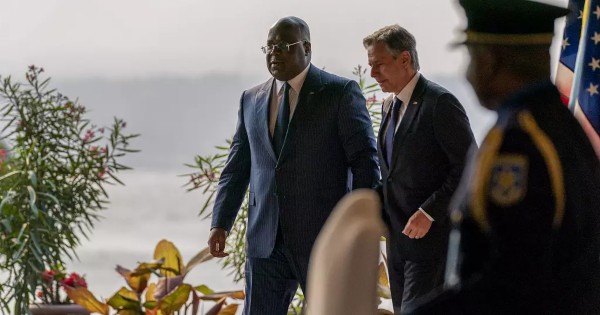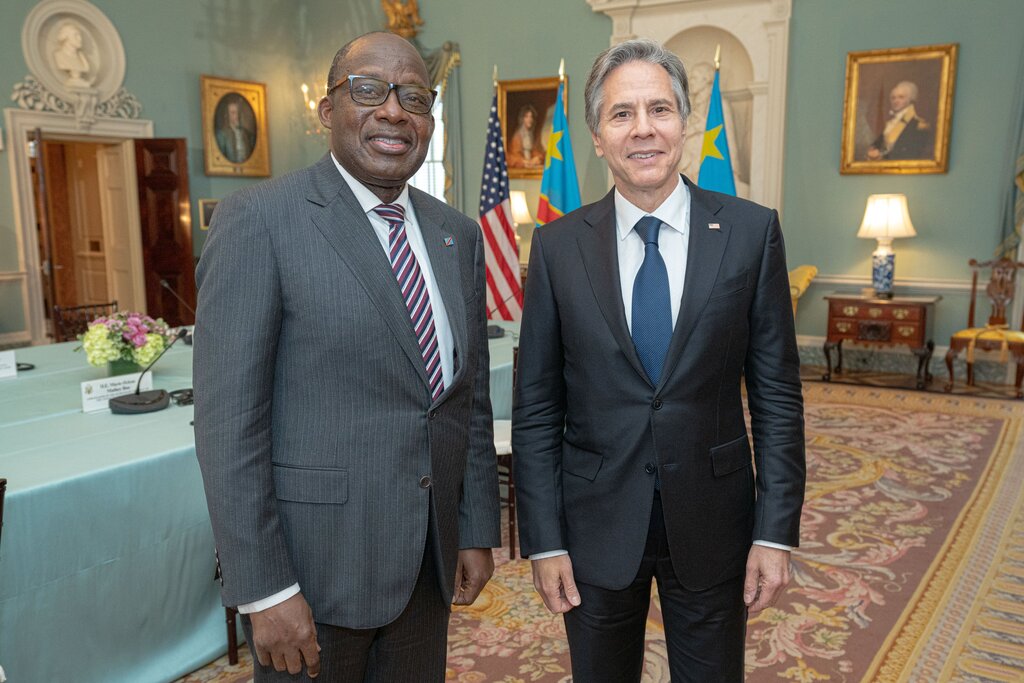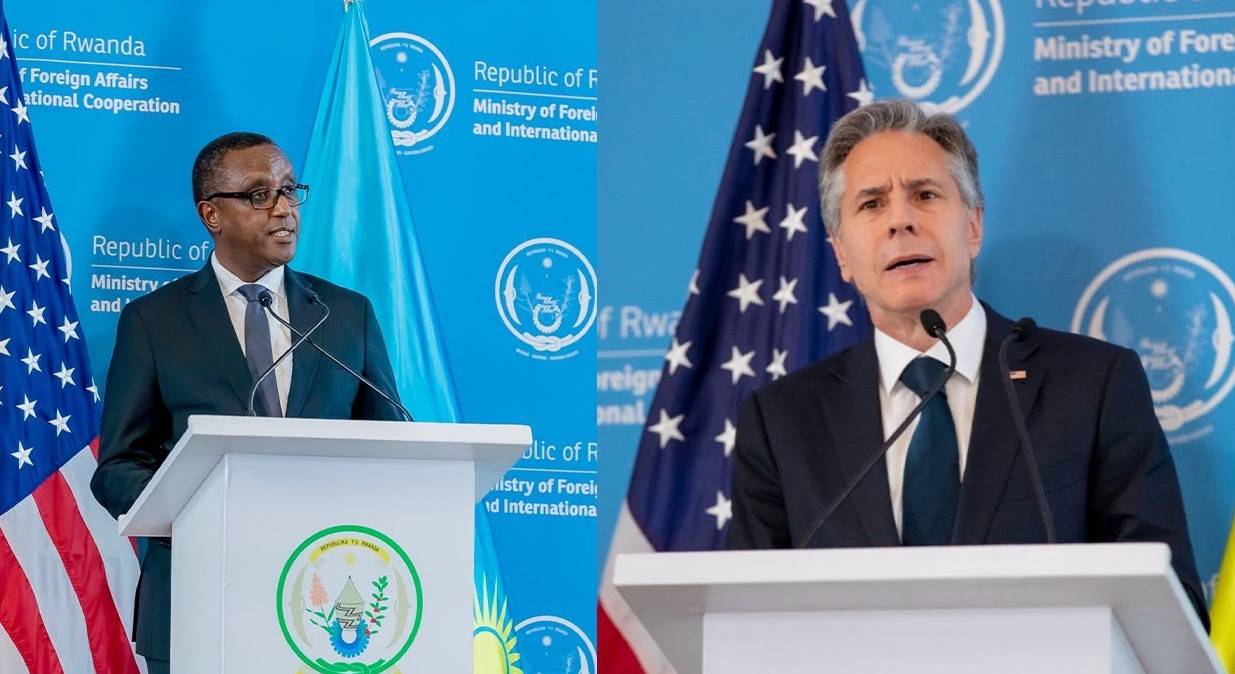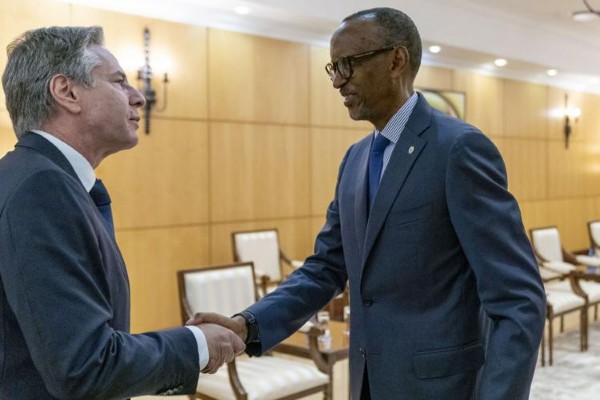Regional
Should SADC accept Tshisekedi’s lies on conflict with neighbouring Rwanda?
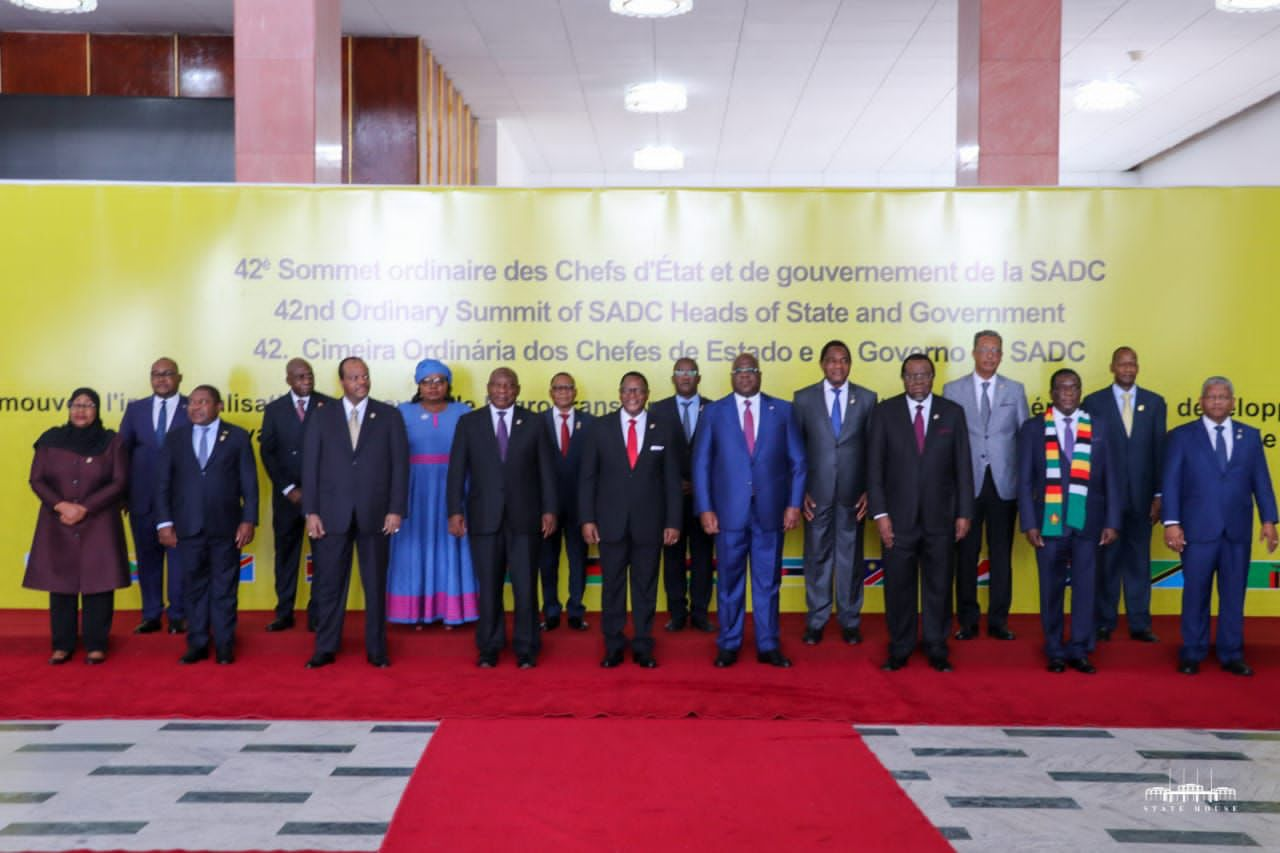
The 42nd
Ordinary Summit of the Heads of State and Government of the Southern African
Development Community (SADC) was held on August 17 in Kinshasa, capital of the
Democratic Republic of Congo.
During
the Summit, Congolese President Félix Tshisekedi took over the SADC leadership
a few months after he joined the East African Community, another regional bloc.
In SADC, he took over from Dr Lazarus McCarthy Chakwera, President of Malawi.
Back
home, Tshisekedi is faced with issues of insecurity in the eastern part of the
DRC. His government is widely blamed for failing to contain the insecurity
while Tshisekedi mainly accuses neighbouring Rwanda of working with the M23
rebels, one among more than 130 other
local and foreign armed groups in the country, who captured a tiny area of the
North Kivu Province and are now demanding talks with the government to resolve
the crisis, or atleast some of it. Tshisekedi calls the M23 terrorists. But the
rebels see themselves as freedom fighters standing up for their rights just
like any other Congolese citizens.
During
the Summit, Tshisekedi could not help but expose himself by tuning into denial
mode and blaming Rwanda for his failures during his presidency. This is the narrative he has been promoting
having realized that elections were getting closer and there was nothing to
show the electorate as fruits of his leadership.
Among
his promises to the Congolese people when he took power was to eradicate all
armed groups operating in the country, especially in its eastern part. The aim
was to restore peace and create a conducive environment for cross-border trade
with neighbouring countries and contribute to peace and stability in the region
thus promoting good neighborliness with its neighbours.
The
presence of armed rebel groups in DRC is a problem that has prevailed for more
than 30 years.
Foreign
armed groups there include the FDLR, genocide fugitives from Rwanda. Besides
FDLR, there are Ugandans – ADF – and Burundians, among others.
At
the time of his election as President, Tshisekedi vowed to eradicate all armed
groups without any exception and restore peace in the Kivus. Neighbouring
countries, mostly Rwanda and Uganda, were hopeful that in the end, their
neighbor had gotten a leader with political will to restore peace and security
in the region.
Bilateral
relations with Rwanda and Uganda were very good in the first three years of
Tshisekedi’s presidency. Discussions were focused on supporting his efforts to
restore peace and security and scaling up trade and investment partnerships to
the benefit of all peoples.
It
was all on the right path until Tshisekedi suddenly chose to cooperate with the
FDLR and other armed groups for reasons yet to be unveiled. In Kinshasa, the
bad blood is linked to the resurgence of the M23, which resumed its attacks in
November 2021.
Tshisekedi
told SADC leaders that his country is the victim of barbaric aggression by
Rwanda. He did not tell them, however, that his country has – for decades –
given a safe haven to masterminds of the 1994 genocide against the Tutsi. He
did not tell them that his country’s millitary and political establishment has
supported the DRC-based genocidal enterprise in its bid to return to Rwanda and
finish the job it did not finish in 1994. He did not tell them that the
genocidal force’s presence on his soil is the real issue causing anarchy in the
region, as well as the cause of the tension with neighbouring Rwanda.
What
Tshisekedi should understand is that, while he prefers to use any platform
given to him to blame Rwanda for all his failures, regardless of the disconnect
and absurdities in his allegations, one thing is certain. The SADC leaders are
far from being ignorant and uninformed.
They
can establish the truth of the matter from simple elements like, DRC
post-independence political history, the
1994 exodus of the then genocidal Rwandan army and machinery, the FAR and
Interahamwe militia, into Zaire, facilitated by the French government and
President Mobutu at the time. The FAR later became the FDLR and are now
collaborating with the FARDC to fight the M23 which is another element well
known by the Head of States.
The
M23 is a local armed group composed of Congolese nationals. It is fighting for
socio-political motives that they have clearly spelled out. Ignoring these
facts and trying to distort them by referring to the M23 as a Rwandan
constituent is not only politically wrong but also illogical from the DRC
leaders.
Finding
convenient excuses in blaming Rwanda for his own internal weaknesses will not
solve the problems of DRC.
The
M23 rebels fighting his government are Congolese, not Rwandans, just like the
Mai-Mai factions and other armed groups. Rwanda’s only concern remains the
Congolese leadership’s proven alliance with Genocide ideologues and terrorists.
Tshisekedi
should not mislead SADC leaders.
He
should know that Rwanda is fully committed to good neighbourliness and regional
mechanisms to address the DRC's security problems.
Deflecting
from these facts is a deliberate attempt at sustaining the insecurity in
eastern DRC and he should also be reminded that apart from few people who have
benefitted from his largesse – mostly based in Kinshasa – the real electorate
can see through his schemes and will not hesitate to show their displeasure on
the ballot come 2023.
Tshisekedi’s
tenure as SADC chairperson coincides with him defending his presidency in next
year's general elections.


